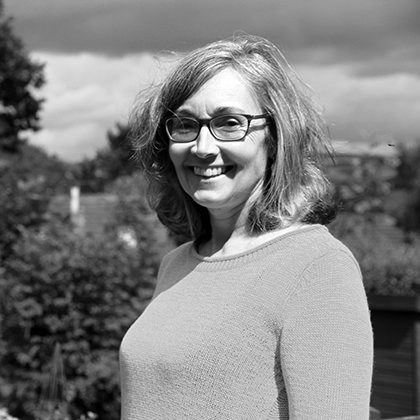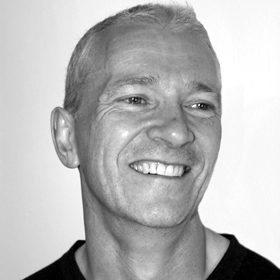Continuanthood
Chaired by Naomi Eilan (Warwick)

What is a Continuant?
Helen Steward (Leeds)
Abstract
In this paper, I explore the question what a continuant is, in the context of a very interesting suggestion recently made by Rowland Stout, as part of his attempt to develop a coherent ontology of processes. Stout claims that a continuant is best thought of as something that primarily has its properties at a time, rather than atemporally – and that on this construal, processes should count as continuants. While accepting that Stout is onto something here, I reject his suggestion that we should accept that processes are both occurrents *and* continuants; nothing, I argue, can truly occur or happen (unless it is instantaneous), which does not have temporal parts. I make an alternative suggestion as to how one might deal with the peculiar status of processes without jettisoning a very natural account of occurrence; and assess the consequences for the category of continuant.
Biography
Helen Steward is Professor of Philosophy of Mind and Action at the University of Leeds. She joined Leeds in 2007, having previously been a Fellow and Tutor in Philosophy at Balliol College, Oxford for many years. Her areas of research include the free will debate; the metaphysics of causation and action; and the philosophical understanding of animals. She is the author of The Ontology of Mind: Events, Processes and States (1997) and A Metaphysics for Freedom (2012).

Exclusive Individuals
Bill Brewer (KCL)
Abstract
I agree with a great deal in Helen’s paper. I am especially sympathetic to her suggestion that we gain metaphysical illumination by considering various ways in which we arrive at ideas of certain kinds of individuals by abstraction from those of more basic kinds. My aim is to pursue that suggestion by exploring the proposal that a grounding node in this form of abstraction may be characterized by Exclusivity in spatial location. Helen claims that we arrives at our ideas of specific events and processes by different modes of abstraction in cases where a more basic persisting individual undergoes some kind of change. I argue that the most basic individuals in this hierarchy of abstraction are enduring substances that occupy their spatial location exclusively at all times: no two such substances are ever precisely colocated.
Biography
Bill Brewer is Susan Stebbing Professor of Philosophy at King’s College London. He taught previously at the Universities of Warwick and Oxford, and has been a Visiting Professor at Brown and Berkeley. He works in Philosophy of Mind, Metaphysics, and Epistemology, and is the author of Perception and Reason (OUP, 1999) and Perception and Its Objects (OUP, 2011).
